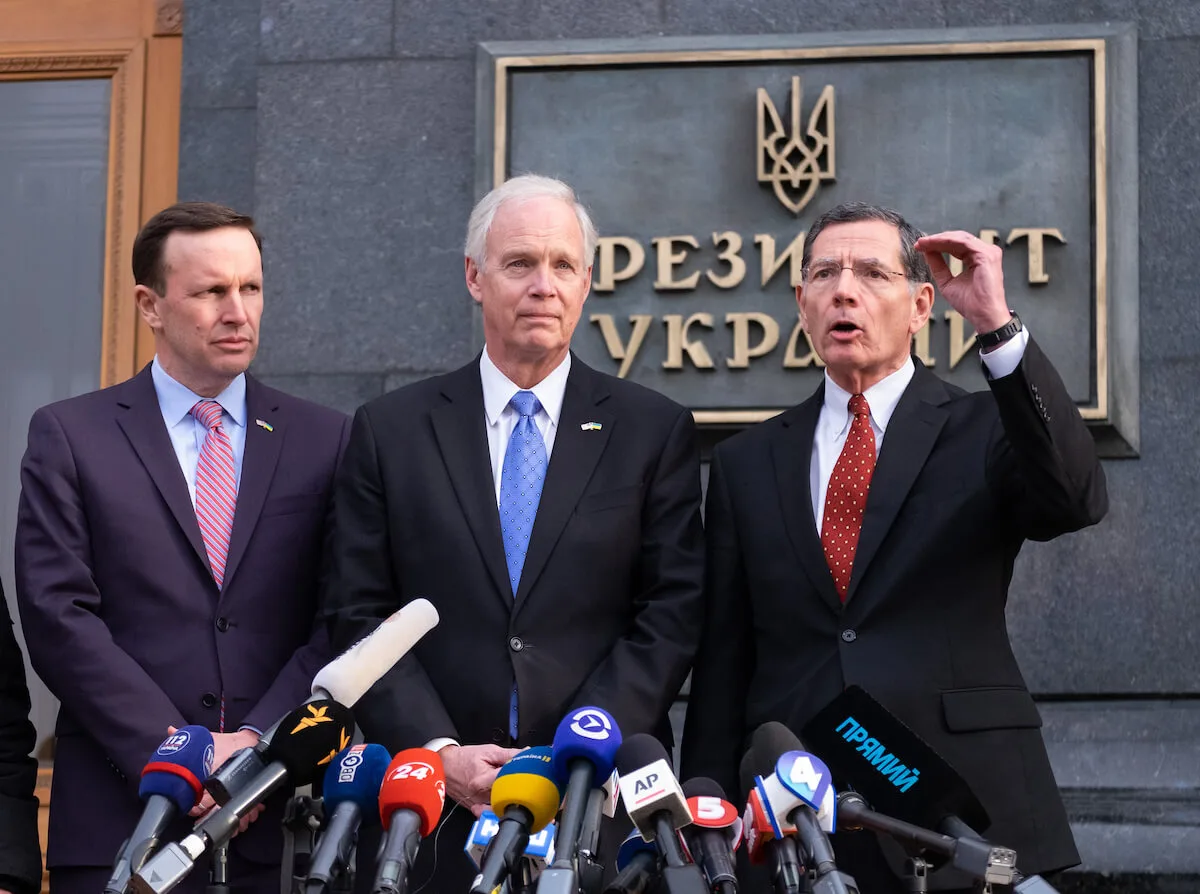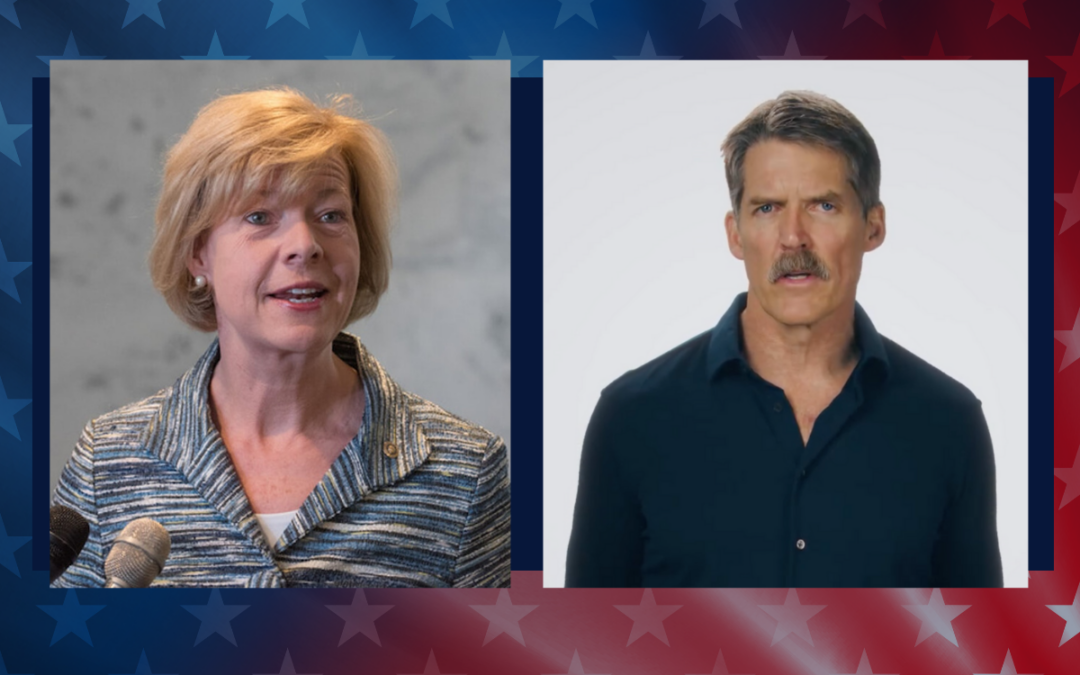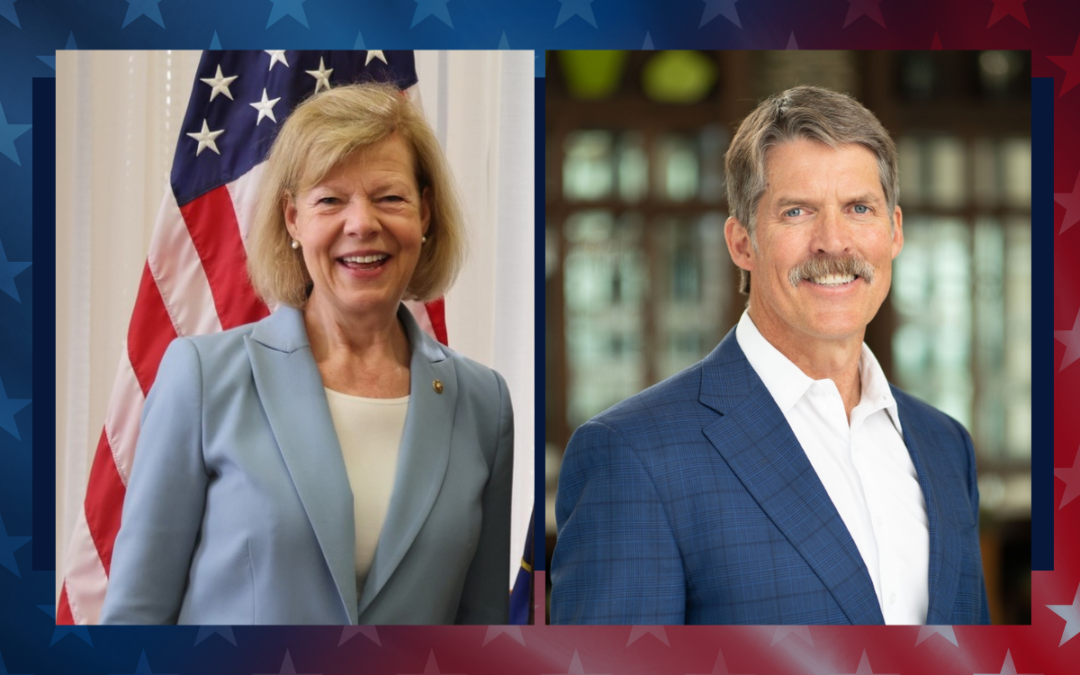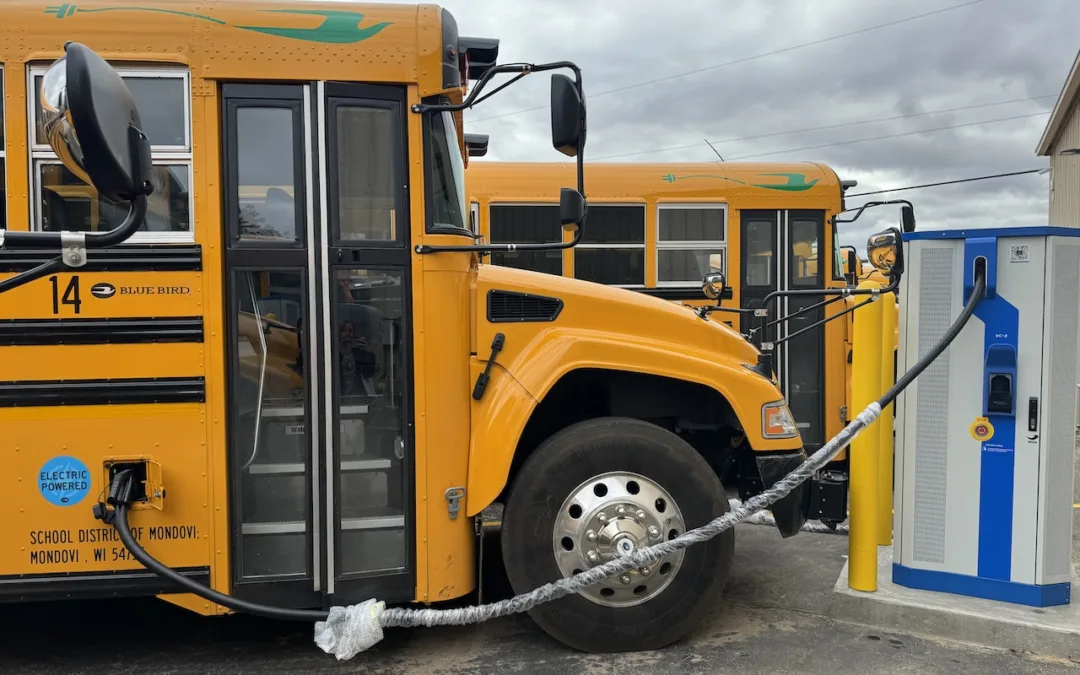
#image_title
#image_title
Also, Democrat and Republican strategists talk about common ground in the upcoming Wisconsin budget.
In an interview with Chuck Todd of NBC’s Meet the Press on Sunday, Sen. Ron Johnson continued to push for a commission to investigate the Nov. 3 election despite failing to provide any evidence of election wrongdoing.
“We are not acting to thwart the democratic process, we are acting to protect it,” Johnson said. “The fact of the matter is we have an unsustainable state of affairs in the country where we have tens of millions of people that do not view this election result as legitimate.”
Todd pointed out that the reason some Americans doubt the election results is because President Donald Trump and his enablers, including Johnson, have pushed conspiracy theories about the election, none of which are true.
“You made an allegation of widespread fraud, you’ve failed to offer specific evidence of that widespread fraud but you’re demanding an investigation on the grounds there’s allegations of widespread fraud. You’re the arsonist here,” Todd said. “You’ve started this fire and are now saying, ‘Woah look at this. Oh my god look at these people who believe what we told them because we didn’t have the guts to tell them that this election was fair.’”
Johnson continued to push conspiracy theories about Hunter Biden, COVID-19 treatments, and argued that conservatives and Republicans no longer trust the mainstream media due to their coverage of Russian interference in the 2016 election, which did happen.
“You have spent much of your time in the last two years carrying this crazy conspiratorial water for President Trump,” Todd said.
Johnson continued to push more election day hearsay allegations before Todd cut him off.
“Just because somebody said it doesn’t mean it’s true,” Todd said. “You don’t get to make these allegations that have not been proven true [on the air].”
Strategists talk compromise
Republican strategist Bill McCoshen and Democratic strategist Scot Ross appeared on WKOW’s Capital City Sunday to discuss the upcoming biennial budget and areas where Republicans and Democrats could find compromise.
Ross said he predicted Gov. Tony Evers’ priorities for the budget, which is typically presented in mid-February, would be similar to those in his previous budget: Medicaid expansion, marijuana legalization.
“The governor has been very clear about what some of his top priorities are because he made a down payment on those during his first biennial budget,” Ross said.
On marijuana legalization and Medicaid expansion, Ross pointed out that both would provide needed funds to the state and that not expanding Medicaid, in particular, “is a crime, especially in the middle of a pandemic.”
Ross also predicted the governor will want to invest in systems that have been neglected by the previous administration, such as public education, the state’s unemployment insurance program, and infrastructure.
“We used to build roads in this state,” Ross said. “Now it’s been thwarted because of really irresponsible and reckless efforts by the Republicans to not come to the table and solve a long term transportation [problem].”
McCoshen said that one deal breaker for Republicans this session will be any measures that raise taxes or fees.
On police reform, which could also be featured in the budget, McCoshen was optimistic. Sen. Van Wanggaard (R-Racine), a former police officer who has been leading the GOP’s efforts along those lines, told McCoshen he’d developed a package that both Republicans and Evers will be able to agree upon. McCoshen did not provide details on what some of those measures could be.
Reporter Emilee Fannon also asked Ross about redistricting and whether Democrats’ efforts to preempt gerrymandering by Republicans could result in a map that favors Democrats. Ross said no because Evers’ priority is to have the maps be, “ transparent and competitive.”
“The governor has been very clear he doesn’t want Republican gerrymandered maps but he also doesn’t want Democratic gerrymandered maps,” Ross said. “What he’s put forward is a plan where people are deciding what the maps are.”
Politics

What’s the difference between Eric Hovde and Sen. Tammy Baldwin on the issues?
The Democratic incumbent will point to specific accomplishments while the Republican challenger will outline general concerns he would address....

Who Is Tammy Baldwin?
Getting to know the contenders for this November’s US Senate election. [Editor’s Note: Part of a series that profiles the candidates and issues in...
Local News

Stop and smell these native Wisconsin flowers this Earth Day
Spring has sprung — and here in Wisconsin, the signs are everywhere! From warmer weather and longer days to birds returning to your backyard trees....

Your guide to the 2024 Blue Ox Music Festival in Eau Claire
Eau Claire and art go hand in hand. The city is home to a multitude of sculptures, murals, and music events — including several annual showcases,...


